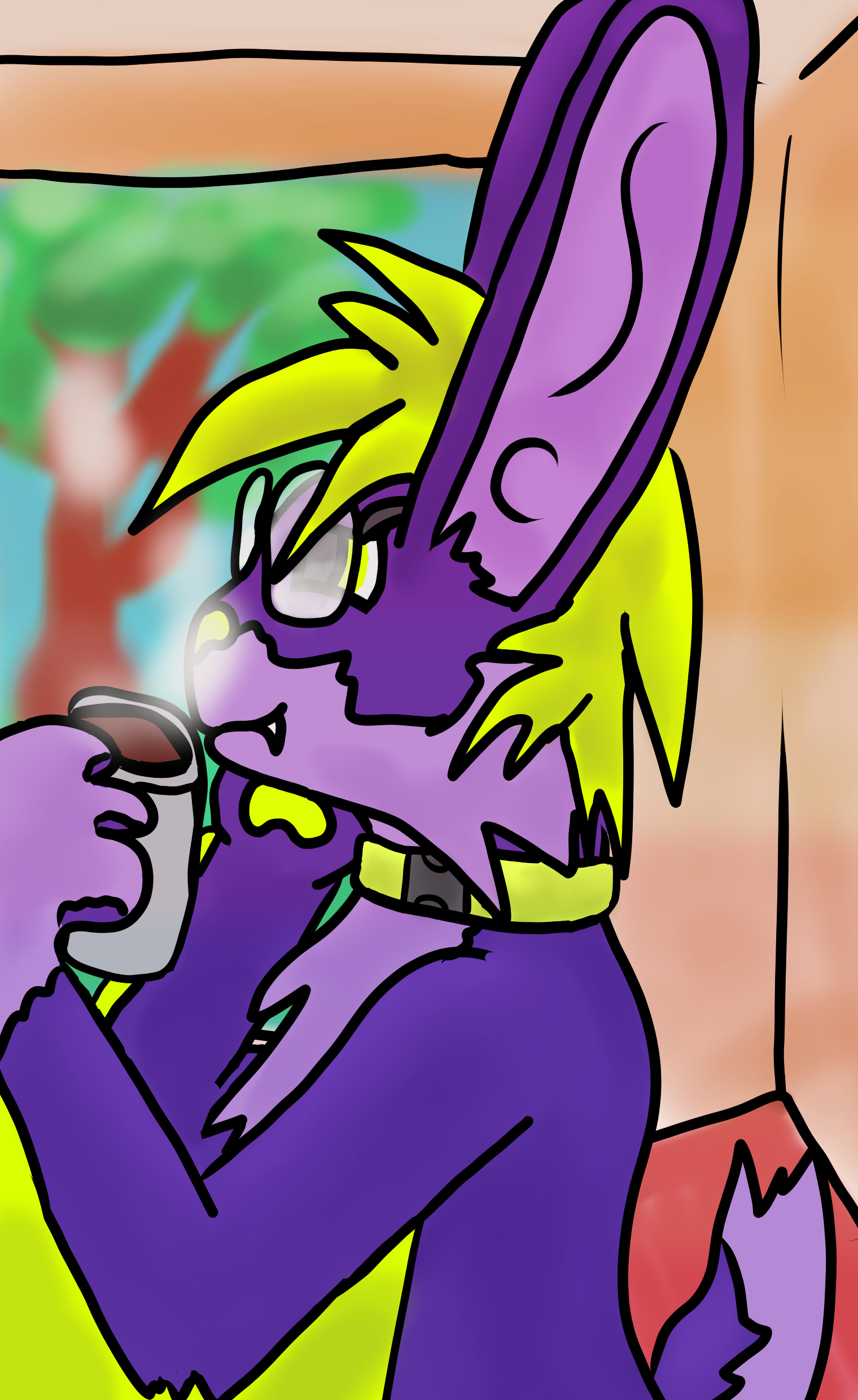These are what LLMs spit out .
- Bulgarian: Купете европейски (Kupte evropeyski)
- Croatian: Kupite europsko (Kupite europsko)
- Czech: Koupit evropsky (Koupit evropsky)
- Danish: Køb europæisk (Køb europæisk)
- Dutch: Koop europees (Koop europees)
- English: Buy European
- Estonian: Osta euroopa (Osta euroopa)
- Finnish: Osta Eurooppalainen (Osta Eurooppalainen)
- French: Achetez européen (Achetez européen)
- German: Kauft europäisch (Kauft europäisch)
- Greek: Λάβετε ευρωπαϊκό (Lávete evropeíko)
- Hungarian: Vásárolj európai (Vásárolj európai)
- Irish: Ceannigh Eorpach (Ceannigh Eorpach)
- Italian: Acquistare europeo (Acquistare europeo)
- Latvian: Iegādāties eiropeisks (Iegādāties eiropeisks)
- Lithuanian: Kupite europietišką (Kupite europietišką)
- Maltese: Ħallas Ewropew (Ħallas Ewropew)
- Polish: Nabyj europejski (Nabyj europejski)
- Portuguese: Compre europeu (Compre europeu)
- Romanian: Cumpărați european (Cumpărați european)
- Slovak: Kúpite evropsky (Kúpite evropsky)
- Slovenian: Počasi evropajški (Počasi evropajški)
- Spanish: Compre europeo (Compre europeo)
- Swedish: Köp europeisk (Köp europeisk)
I have it on good authority that these translations are better/OK for some languages:
- Dutch: Koop europees
- French: Achetez européen
- German: Kauft europäisch
- Greek: Αγοράζετε Ευρωπαϊκά
- Lithuanian: Pirkite europietišką
I don’t know about the others. Please help my fellow Europeans :)
The Finnish translation states ‘Buy a european’. It should be ‘Osta Eurooppalaista’.
Where would one find one of those Europeans to buy? Asking for a friend.
Ewwwwwwww…
German is grammatically correct, but the “tone” is way off.
The intonation is identical to the anti-semitic boycott signs during the Third Reich (“Kauft nicht bei Juden”).“Unterstützt europäische Unternehmen” would be better.
Wow 😮 That’s longer than I thought it would be. Is that what would also be written in ads, flyers, and posters? (Learning more about different languages is fun!)
German isn’t really the right language for short, catchy slogans.
But “Kauft Europäisch” will trigger associations you don’t want in Germany.“Europäisch einkaufen” is the shortest I can come up with that is contextually neutral.
As a german dude I agree on everything what this user said.
Von EU Kaufen 👍😎👍
in Polish it would be “kupuj europejskie”. the first word in the LLM slop is obsolete and in an incorrect, made up form.
I think that the fact that, at the moment of me writing this, almost half of the translations has been pointed out to be incorrect, is a great example of the usefulness of AI
Exactly, I second that.
Slovenian translation is awful and has no meaning. It would be translated back to english something like: “Slow euroajaian”.
Correct translation would be:
- Kupuj evropsko (buy european in general/every day)
- Kupite evropsko (buy european now eg. For this product)
- Kupi evropsko (more personal - you specifically buy european now eg for this product)
I vote for 3. If it a label/brand/badge on a product. And 1. If this is US boycott slogan.
Thank you! Good thing I asked here, because that’s pretty much what I expected.
I am also not sure for Croatian and other languages that have kupite instead of kupi. In slovenian kupi would be better suited for slogans or brands since it is used for a single person. But I am not sure since some languages are only similar but I do not speak Croatian or other languages. However in Slovenian to put something on a panel on a protest I would use “kupujte evropsko” meaning something like “you all should buy european”.
However all versions can be used in all mentioned occasions. I just mentioned what would be better suited for what occasion.
Same in hungarian somewhat. “Vegyetek európait!” is what you would say but if its a slogan(which i think this is trying to be) its “Vegyél európait!”
Lithuanian is wrong. Should be “pirkite europietiškus produktus”. The example you gave is better than the LLM but the accusative case of european sounds odd on it’s own “buy european… what?” It’s like an unfinished sentence
“Pirk prekę europietišką”, similar as we say “Pirk prekę lietuvišką”.
What if you were to say instead “buy from Europe”? I don’t speak Lithuanian but “pirk iš Europos” sounds a bit more succinct.
Sure :3
“Pirkite europietišką” or just “Pirk europietišką” are perfectly fine sentences in Lithuanian.
Can confirm Dutch. Buy European = koop Europees.
If the context requires the form ‘buying European (products)’ the order of words changes to ‘Europese (producten) kopen’.
I can confirm this. Although the “Europese (producten) kopen” doesn’t work without the “producten”. In that case it would become “Europees kopen” (European buying) or “Europees inkopen” (European purchasing)
“Koopt Europeesche waar!”
😂 would be good marketing tbh
Hungarian is incorrect. It should be “Vásárolj európait!”
- “Európai” is the nominative case (describes the subject), “európait” is the accusative case (describes the verb’s direct object or target).
- Every sentence in the imperative mood (an order or command) uses an exclamation mark.
- When the proper name of a location is used to form an adjective, the name of a language, or culture (e.g. Europe -> European), it is no longer capitalized: Európa -> európai. The exceptions are if the adjective is the first word of the sentence or if it is part of a proper noun that is normally capitalized, e.g. Európai Unió.
This is the kind of understanding that LLMs can’t mimic.
Its actually surprising that an LLM couldnt even use cases properly. Also “vásárolj” doesnt sound exactly right to me. Wouldnt changing the phrase a bit in different languages work better? To me “Válassz európait!” sounds more impactful in a way. Tho maybe its just my idiolect/familiolect that makes me prefer this phrasing, i would need more input from others on this.
“Köp europeiskt” in Swedish, alternatively “Handla europeiskt” that sounds more sophisticated, but technically “handel” encompasses all aspects of trade (buying, selling and trading) while “köpa” is exclusively the acts of buying.
Since “handla” can also mean “act” - “Act european!” - “köp europeiskt” works a lot better.
deleted by creator
Polish is so wrong it couldn’t get worse.
Kupuj Europejskie Produkty would be the correct translation. The LLM garbage means nothing, but is composed of “nabyj” (like in ‘I’m ordering you to buy it’) and “europejski” which is an adjective that must be connected to a male gendered noun.
Judging by the number of suggestions and corrections, this reminds me of one of those maps that manage to trigger everyone in some way. Also, goes to show that translating is hard.
Here’s an idea though. Make a “buy European” translation post in every European language specific community out there. Explain the core message of “buy European” in a a few sentences. Explain what the feeling, emotion and atmosphere would ideally be. Should be it be a command, recommendation, encouragement or something else. Ask which option fits best in that linguistic, historical and cultural context. Collect some options from the discussion. Make a poll etc.
gimme one of those maps
Used to see lots of those on Reddit, but I’m not touching that place again.
Usually, it was a map of Europe with the favorite food, national animal or whatever of each country. In the comments you could read about all the mistakes of that map. People would disagree about the favorite food, claim that it only applies to certain part of their country, find out that they even have a national bird, claim that the national bird was changed and the map has been outdated for 30 years etc. It was a wild ride pretty much every time.
The German translation is right but sounds a bit demanding in my opinion.
I think “Europäisch kaufen” sounds nicer and still matches the translation and meaning.
The German translation is right but sounds a bit demanding in my opinion.
It is supposed to be imperative, no? A call to action? Does your translation still convey that?
I’m actually starting to think that Buy European needs a wiki or something, so that people can contribute and it stays available instead of disappearing behind the “Hot” sorting algorithm. Then translations like yours could be recorded.
I would also find a wiki pretty usefull, could be potential for a new thread. My translation doesn’t call to action. Your right we should stay with “Kauft europäisch”.
There are four imperatives you could use here:
- kauf or kaufe - used with “du” (informal, singular)
- kauft - used with “ihr” (informal, plural)
- kaufen - used with “Sie” (formal, sing. or plural)
All four would be grammatically correct here, but using the informal forms towards someone who you aren’t acquainted with sounds a bit too bossy, too rude. So I’d recommend using the “Sie” forms instead.
I also recommend changing the verb. As @superkret@feddit.org said, the Nazi used the slogan “Kauft nicht bei Juden” (don’t buy from Jews), and the association is still strong.
yeah, would make it “europäisch kaufen”
Slovene(ian): Kupuj evropsko. LLM is shit.
Thanks! LLMs do struggle with short texts or slogans in non-English languages, even when provided context. I tried a few and wasn’t confident any were right.
The correct way for Finnish is: Osta eurooppalaista. Though if you want to say “you should buy European” (that’s how I’d interpret the original intent) then you’d say: Ostathan eurooppalaista. The first one is more of a demand then a recommendation.
Is “buy” adressing one person directly or a group of people?
Some of the translations seem like order / suggestion for the formal singular “you”.
Italian is wrong, it’s in the infinite form and it should be in the second person. Also, I think “comprare” would fit better as a verb.
So, in Italian it should be “Compra europeo”












